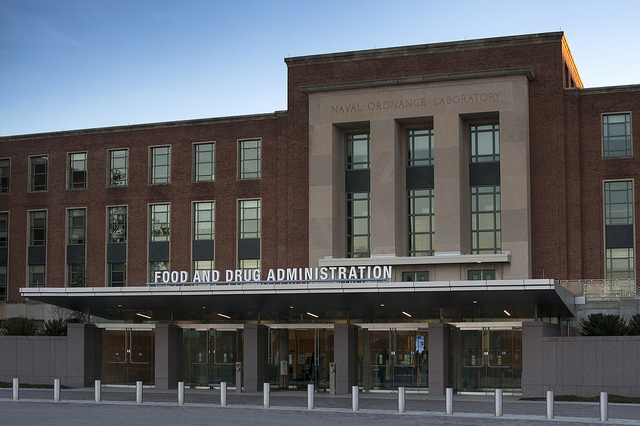
The phrase “regulatory update” rarely signals good news, and for two clinical-stage biotech companies those words prefaced Tuesday disclosures that the FDA has questions about their respective drug programs.
First up is KalVista Pharmaceuticals, which announced that the regulator has placed a clinical hold on the start of a Phase 2 test of experimental drug KVD824 in the rare disease hereditary angioedema (HAE). The Cambridge, Massachusetts-based company said that the FDA’s letter asked for more information and analysis regarding preclinical studies that were submitted to support clinical development plans. The company also said that the FDA proposed “refinements” to the Phase 2 clinical trial design.
KalVista said the FDA did not request any new studies, nor did it say that new data were needed to start the Phase 2 study.
HAE is a rare disease that leads to swelling attacks in the body. When that swelling affects the face and neck, it can close off airways and become fatal. KVD824 is small molecule designed to block plasma kallikrein, an enzyme associated with inflammation. KalVista developed the drug as a preventative measure for HAE attacks.
The clinical hold comes two months after the company reported positive Phase 2 data for another experimental HAE drug, KVD900. That small molecule is also an oral plasma kallikrein inhibitor, but KalVista is developing it as a an on-demand treatment that is taken as HAE attacks happen. Based on the positive Phase 2 results, KalVista said it would advance the pill to a Phase 3 test.
In its Tuesday announcement, KalVista said the FDA’s request for information does not affect the clinical trial plans for KVD900, but the company can no longer be certain that the Phase 2 study for KVD824 will begin in the current quarter.
The Phase 1 and formulation studies for KVD824 were conducted in the U.K. So far, 121 clinical trial participants have received the drug as single doses of up to 1280 mg for up to 14 days, and in twice daily dosing of 600 mg and 900 mg for up to 14 days. In both studies, the rate of adverse events was similar in the placebo and active arms, no serious adverse events were reported. Also, the company reported that no subjects withdrew from the studies.
Meanwhile, Y-mAbs Therapeutics needs to provide the FDA with more details supporting omburtamab, a cancer drug developed to treat children who have leptomeningeal metastases, a complication of neuroblastoma in which the cancer spreads to the membranes surrounding the brain and spinal cord.
New York-based Y-mAbs developed its antibody drug to target B7-H3, an immune checkpoint molecule widely expressed in tumors of several types of cancers. Omburtamab has been radiolabeled, which means the antibodies carry small radioactive particles.
Y-mAbs is seeking approval based on the results of an open-label clinical trial enrolling 107 patients with leptomeningeal metastases. The company reported that treatment with omburtamab improved overall survival by a median of 50.8 months compared to a historical median of about six to nine months.
Last October, the FDA handed the New York company a refuse-to-file letter, correspondence that informs a company of deficiencies in its application. In this case, Y-mAbs said that the regulator wants more details about the chemistry, manufacturing, and controls, as well as the clinical module portion of the application.
Y-mAbs said Tuesday that after a recent meeting with the FDA, the agency asked for more data about the “granularity of data from our identified historical control groups.” The company is collecting the requested data, which are expected to be submitted to the FDA by the end of April. Another meeting has been scheduled for June 1. Y-mAbs said that it aims to resubmit its biologics license application for omburtamab late in the current quarter or in the third quarter of this year.
Photo by FDA










